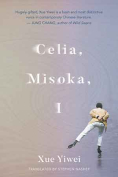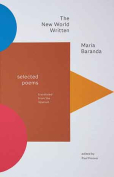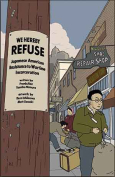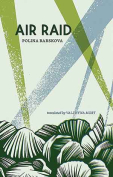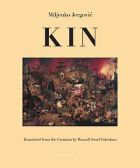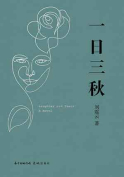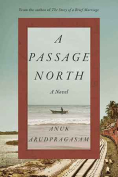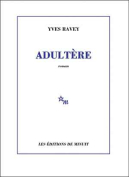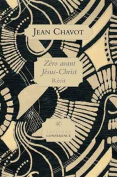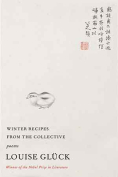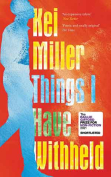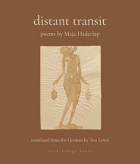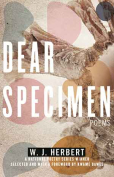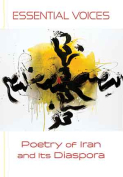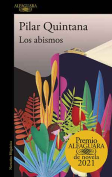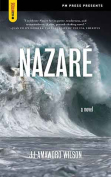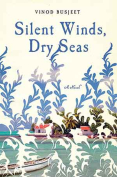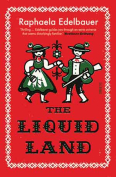Blue Window / Ventana Azul by Indran Amirthanayagam
 New Orleans. Diálogos Books. 2021. 227 pages.
New Orleans. Diálogos Books. 2021. 227 pages.
WITH ALMOST NO subject matter being taboo in postmodern poetry, ironically the oldest subject of all is, for most contemporary poets, strictly off-limits. That subject is love. It actually takes courage to publish a book of love poems in this cynical age. But Indran Amirthanayagam has done just that in his twentieth book of poetry. In the tradition of Pablo Neruda, Octavio Paz, Saint-John Perse, and other poets who were ambassadors for their respective countries, Amirthanayagam is also a diplomat in the US State Department, where he has served his adopted country in Haiti, Peru, Mexico, Canada, Belgium, India, Ivory Coast, and Argentina. Born in Sri Lanka, Amirthanayagam is really a citizen of the world and writes poetry in English, Spanish, Haitian Creole, French, and Portuguese. This latest book of poems was written in Spanish, translated by Jennifer Rathbun, and published in a handsome bilingual edition by Diálogos Books titled Blue Window / Ventana Azul.
This latest book by the prolific polyglot is not exactly a collection of love poems but rather a collection of poems about love. Amirthanayagam charts the course of various forms of love over the course of a diary or an epistolary collection of poems written in free verse. “I don’t have any other / option but to keep / writing you / these daily letters . . .” Writing in the prologue, Juan Carlos Mestre identifies what makes these poems work so well. “It is the persuasive presences of the memory of loved ones that are personalized in the intense experience of these poems, the paradoxical solitude of their multiple discursive voices, the written as a definitive space for celebration and duels, pleasure and love play.”
The poet provides a window into love, a way of seeing into the emotion of love. But we see it through a blue window, one of melancholy rather than exuberant proclamations of adoration. The speaker in these poetic missives is “a man saddened by his sensibilities, / disposed to solitude and jealousy.” But this is not a sad book. These are optimistic poems: “Love is infectious / in the best ways. Let’s keep spreading it / everywhere.” The poet adds, “if one is happy, your neighbor happy, and your neighbor’s / friend happy, /everyone will be happy to a much greater / intensity.” Excellent advice in these troubled times.
Although there is also heartache in these poems, Amirthanayagam explores the ways in which “love tends to erase / the past, sweep away remnants / of arguments and disputes, / so that the body is clean / and our steps fresh.” There is also dark humor in this book, such as in the poem “Foolish Ideas,” which treats that disturbing phenomenon of love that makes the lover, in a desire to shield and protect, imagine horrible things such as thinking he might “Lose you in the middle / of downtown, turn / my head and see you // run over / by a taxi.”
As a translator, I am interested in the ways in which writing in a language other than your native tongue affects one’s style, tone, and even themes. These poems are plainspoken and unpretentious. This works well in the genre of love poetry, which can often be overwrought or unnecessarily zealous to the point of making the reader (and perhaps the loved one) suspicious of the author’s sincerity. It could be that, when Amirthanayagam writes in Spanish, it frees him from the strictures of the English language, which tends to eschew the theme of love, at least in direct address. Perhaps it also makes the poet, in this case, write more cautiously. This is a wise choice when writing about the thematically hazardous territory of love.
There is also the question, of course, as to how much influence the translator exerts. Amirthanayagam wrote the book in Spanish, and it was translated into English by Jennifer Rathbun, professor of Spanish at Ball State University. The translations are for the most part literal and accomplished, and the face-to-face format allows the reader to read both texts and compare if they wish to. In some cases, a poem reads better in the original Spanish. In other cases, the poem gains something in the English translation. Given the predominance of short lines and a free-verse style, the form does not produce the kinds of problems for the translator that, say, a poem written in English in iambic pentameter produces for the translator who translates the poem into Spanish, where iambic pentameter is not necessarily a prevalent meter.
Amirthanayagam, a celebrated cricket player and intense soccer fan, ends the book with an upbeat metaphor for love in “Waiting for the Second Half”:
Yes, it’s only a game and depends
on a human referee,
and the fans cheer for
the team with the home-field
advantage. It’s a drug.
. . . and always we will
have the second half.
Despite its occasional gloomy poem, Blue Window / Ventana Azul affirms the beauty of love in all its forms. In the face of heartbreak, jealousy, despair, grief, distrust, and all the associated hazards of love, the message of this book, at least to this reader, is that despite its dangers, love is still well worth the risks.
Jonathan Harrington
Mérida, México
When you buy this book using our Bookshop Affiliate link, WLT receives a commission. Thank you for your support!


